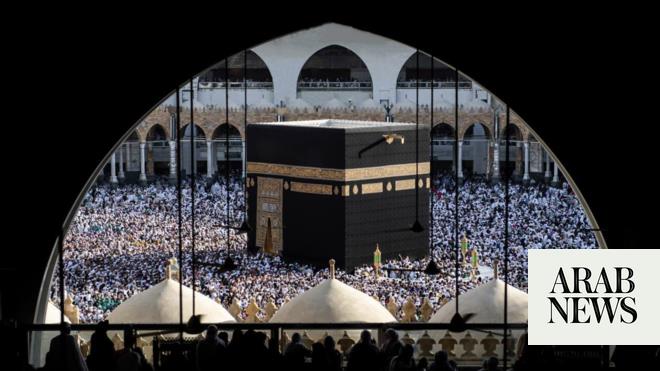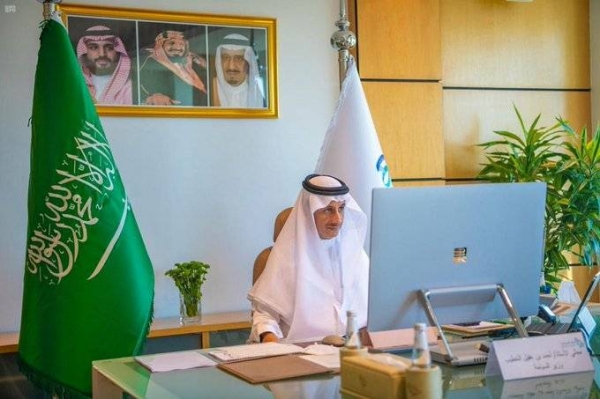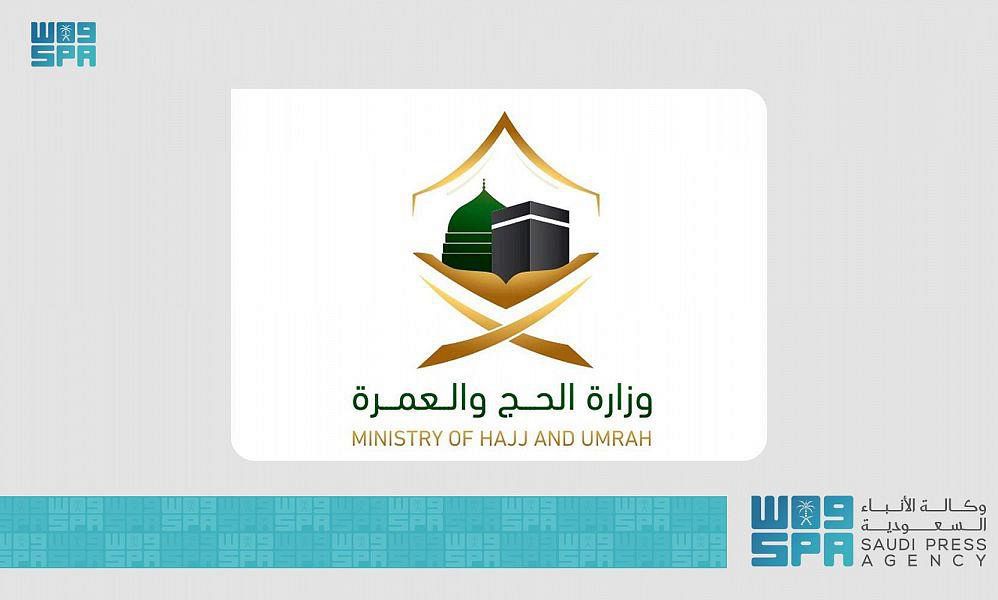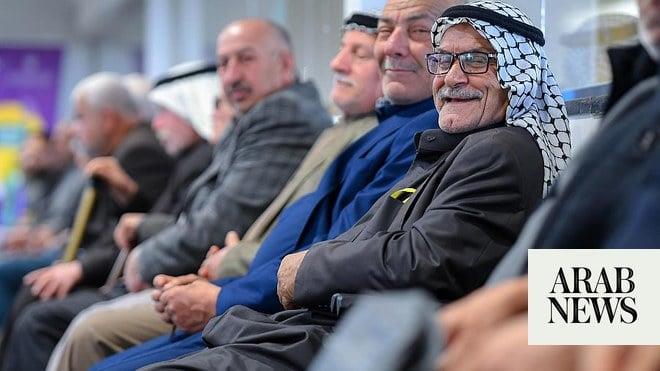
As of Tuesday, a total of 1,267,490 Umrah pilgrims arrived in the Kingdom since the beginning of the Umrah season on Muharram 1, 1444 (July 30). An overwhelming majority of 880,929 Umrah pilgrims came by air, according to a report of the Ministry of Hajj and Umrah.
Pilgrims from Indonesia, the most populous Muslim nation, ranked first among the countries which had sent the highest number of pilgrims. A total of 317,200 Indonesian pilgrims arrived in the Kingdom to perform Umrah during the current season. Pakistan came second with 195,224 pilgrims, while India stood third with 133,517 pilgrims, and India was followed by Iraq with 86,803 pilgrims.
There are 470 Saudi companies and establishments that are licensed to provide services to the Umrah pilgrims and visitors during the 10-month Umrah season that will end on Dhul Qaada 29, just before the annual pilgrimage of Hajj.
Saudi Arabia has extended the Umrah visa period from one month to three months and the pilgrims are allowed to travel throughout the Kingdom during their visa period. The visa period will end before the three-month if it overlaps the Hajj season.
The Ministry of Hajj and Umrah stressed the need for Umrah companies and establishments to commit to provide all the required service packages to the pilgrims with the aim of raising the quality of services in the sector, and facilitating the journey of the pilgrims so as to achieve the goals of the Kingdom’s Vision 2030.
The ministry clarified on Tuesday that all Umrah companies and establishments are obligated to issue permits for performing Umrah and prayer at the Rawdah Sharif in the Prophet’s Mosque in Madinah for their pilgrims, and facilitate sending them to the Grand Mosque, strictly in line with the times approved in the permits. This procedure also includes those who wish to repeat Umrah during their stay in Makkah.
The ministry said it follows up on the level of quality of services, and the commitment of companies and establishments to make the pilgrims available the best ever possible services through continuous field inspection tours, and intensive automated monitoring. The ministry’s field teams were directed to monitor committing of any violations and take deterrent legal measures against the violators.












